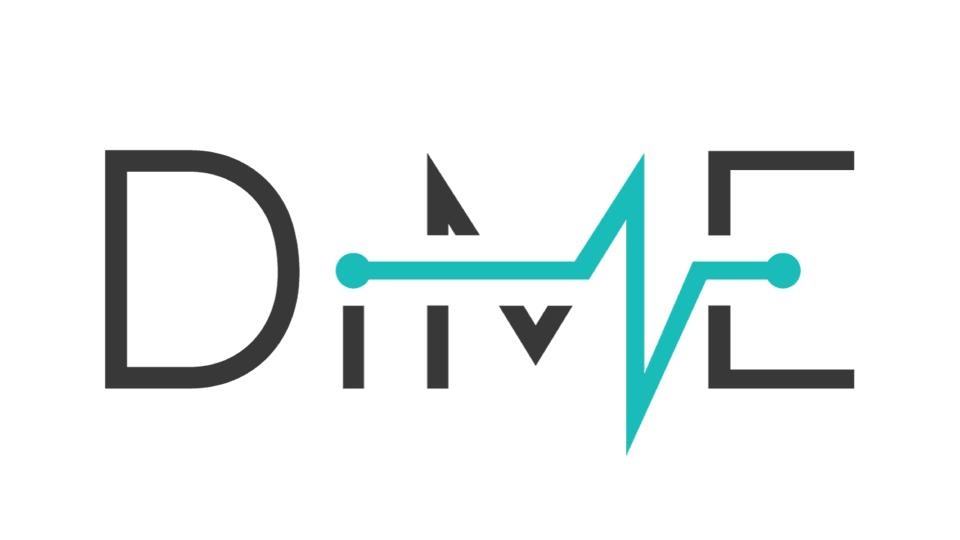DiMe project will develop recipe for digital health success

A consortium led by the Digital Medicine Society (DiMe) has been formed to tackle a thorny problem for digital health product (DHP) developers – how to bring them to market in a way that ensures they are commercially sustainable.
DiMe is being joined by dozens of other interested parties in the initiative, including digital health and tech companies, pharma groups, government agencies, and patient organisations, to develop an integrated evidence plan (IEP) model for evidence DHPs.
The move reflects the fact that, while the development and adoption of DHPs has been occurring at a breakneck pace in the last few years, some of the pioneers in the sector have struggled to build a market for their products.
Notable examples include Pear Therapeutics, which went bankrupt and was sold in parts last year, despite bringing three FDA-approved prescription DHPs to market, and Akili, which drew back from reimbursed prescription sales of its attention-deficit hyperactivity disorder (ADHD) in favour of a direct-to-consumer approach.
DiMe’s IEP project has grown out of a survey it ran last year that identified several key factors that are needed to improve the regulatory and commercial prospects of DHPs, including the need for the FDA to be aligned more closely with purchasers and payers and to find alternative pathways to market.
There were also calls for more comprehensive guidance from regulators on DHPs, greater harmonisation of regulatory practices internationally, and measures to raise awareness about the benefits digital health interventions can bring.
DiMe and its partners – which include Peterson Health Technology Institute (PHTI), ZS Associates, and others, including pharma companies Astellas, Genentech, Otsuka, and Takeda – plan to develop the core components of IEPs to help developers ensure the evidence they generate for their products aligns not only with the requirements of regulators, but also the realities of the market.
“Developers have been very successful at securing FDA acceptance and market access opportunities for their […] DHPs. However, the needs of downstream decision-makers remain opaque,” said Jennifer Goldsack, DiMe’s chief executive.
“Consequently, early and considerable investments in evidence generation for DHPs have become excessively tailored to meet the needs of regulators,” she added. That has resulted in “missed opportunities for designing more efficient and effective studies that generate the necessary evidence for all decision-makers, including regulators, payers, purchasers, and end users of these products.”
The hope is that, along with increasing the chances of commercial success, the IEPs will also help to reduce the cost and timelines of evidence generation by identifying the evidence needed and minimising the burden of collection.
Earlier projects launched by DiMe include an initiative to drive inclusivity in clinical trials supported by digital technologies and the development of digital endpoints for use in therapeutics development.












